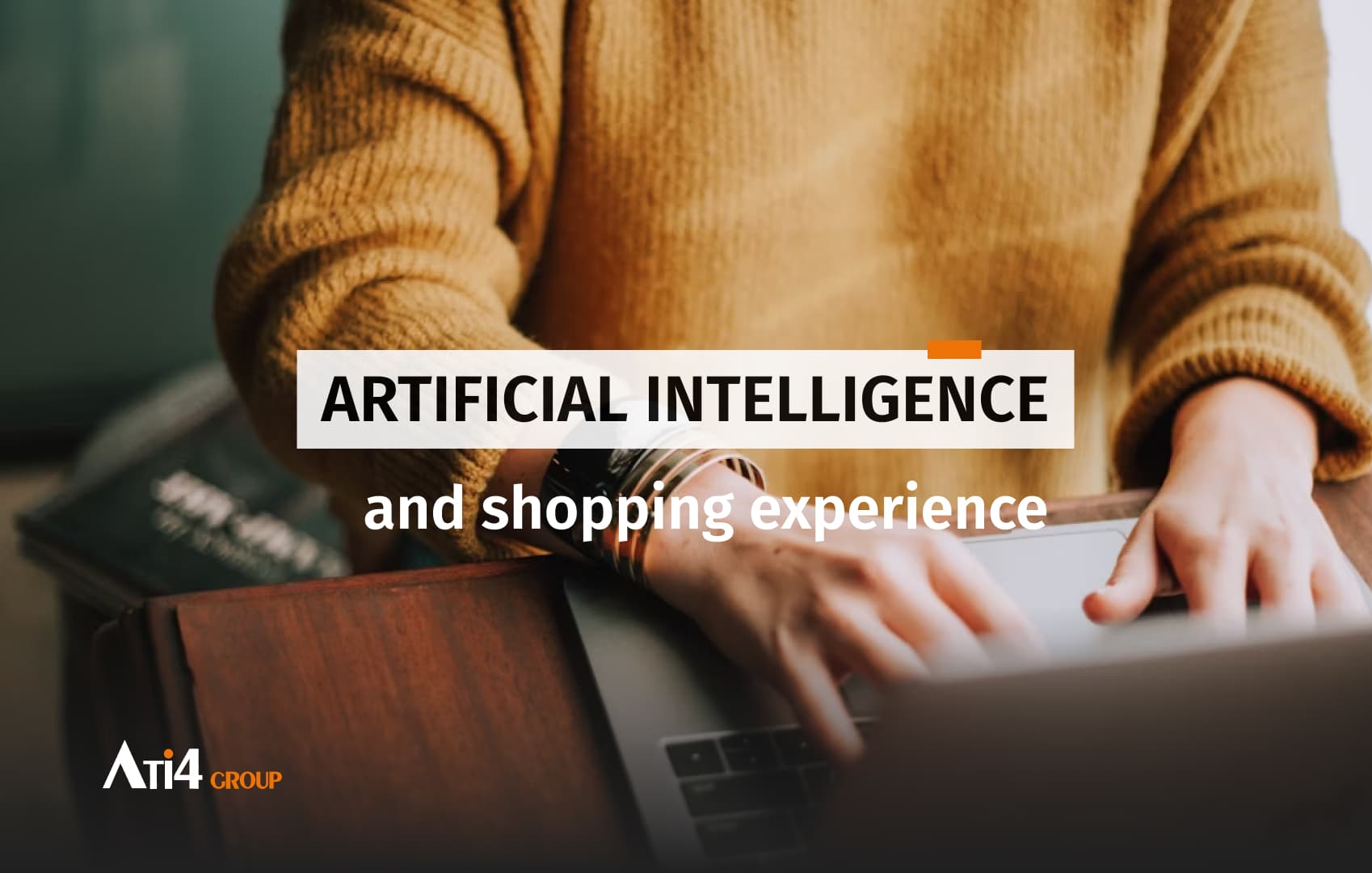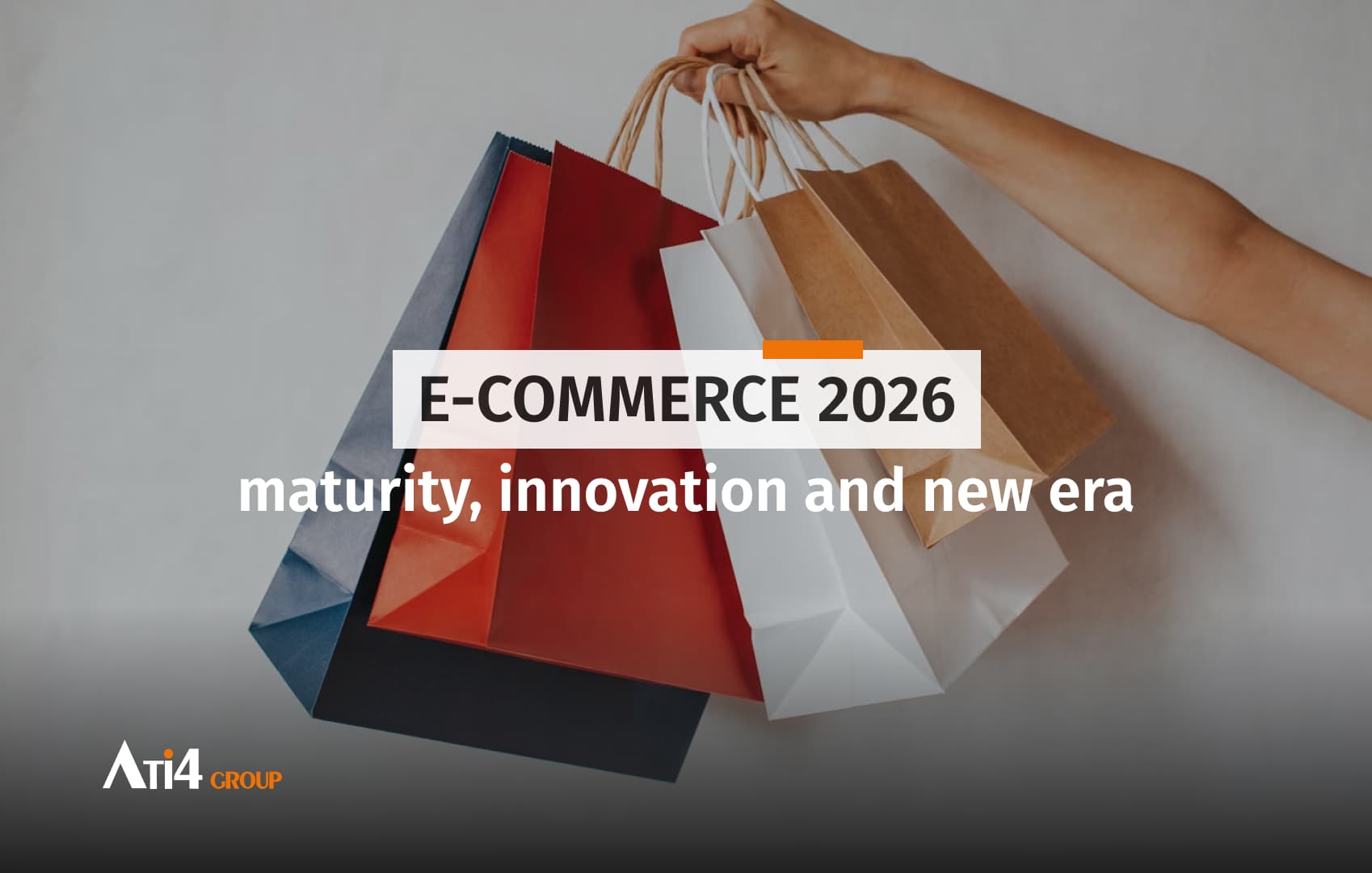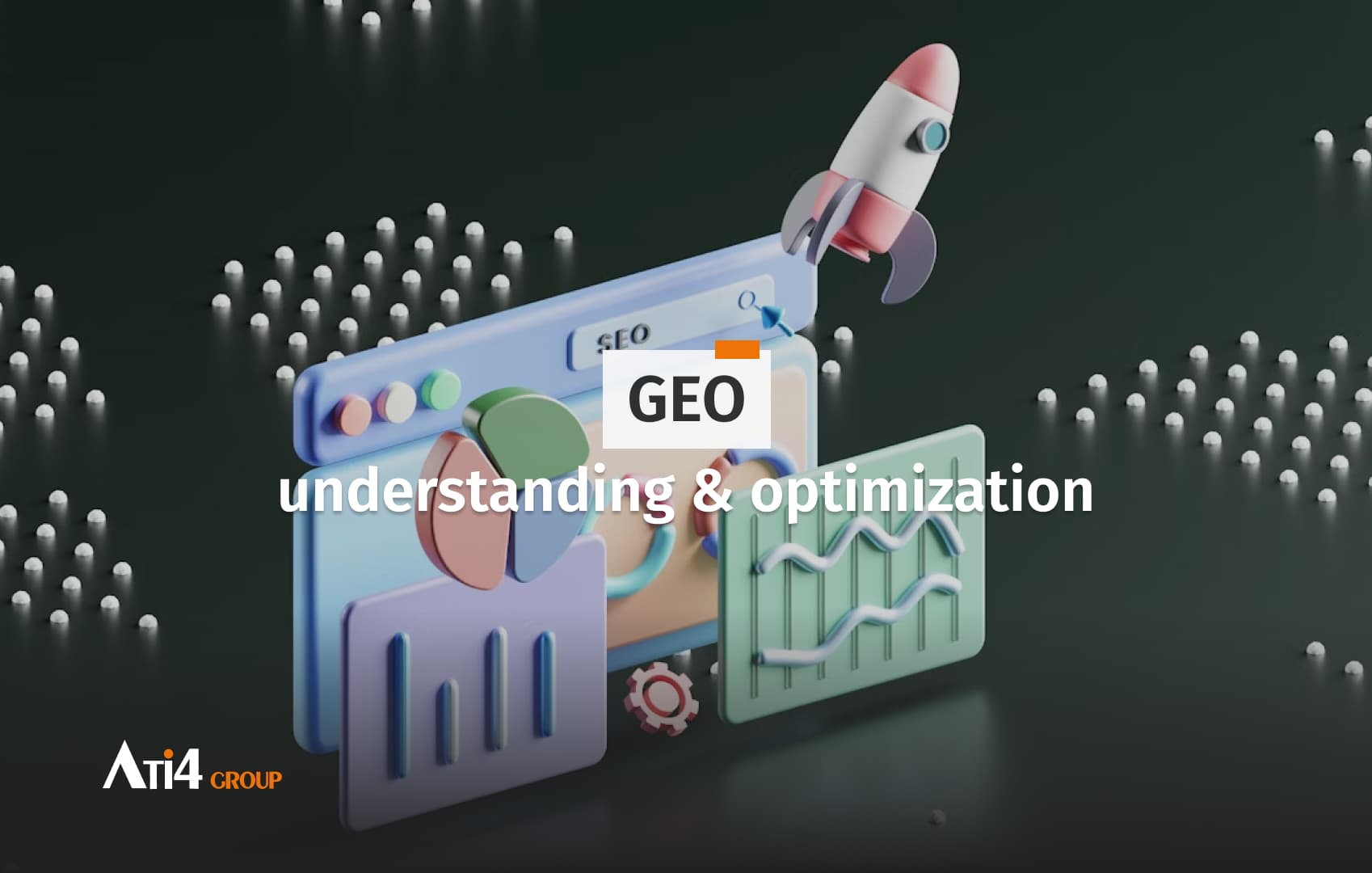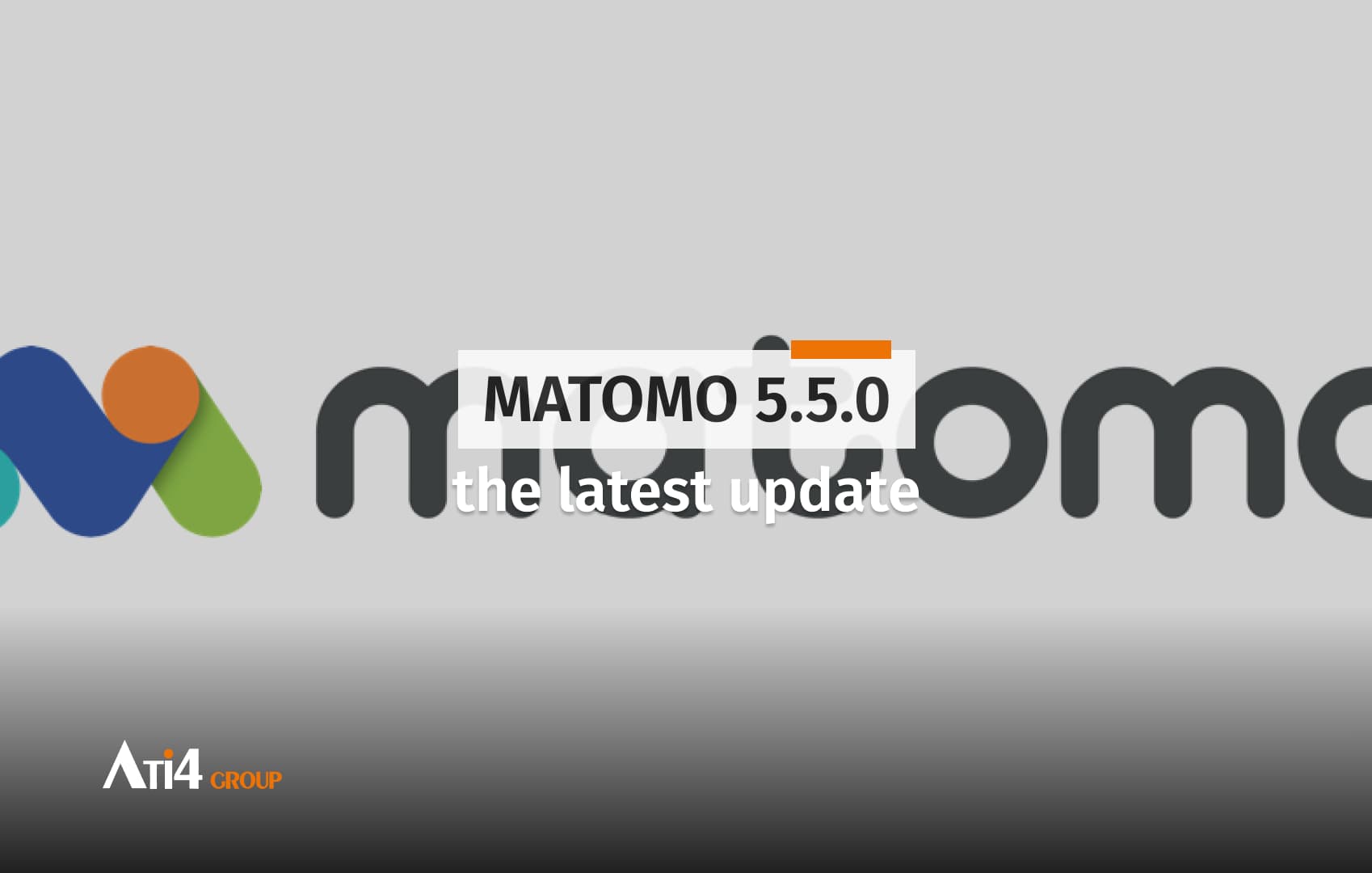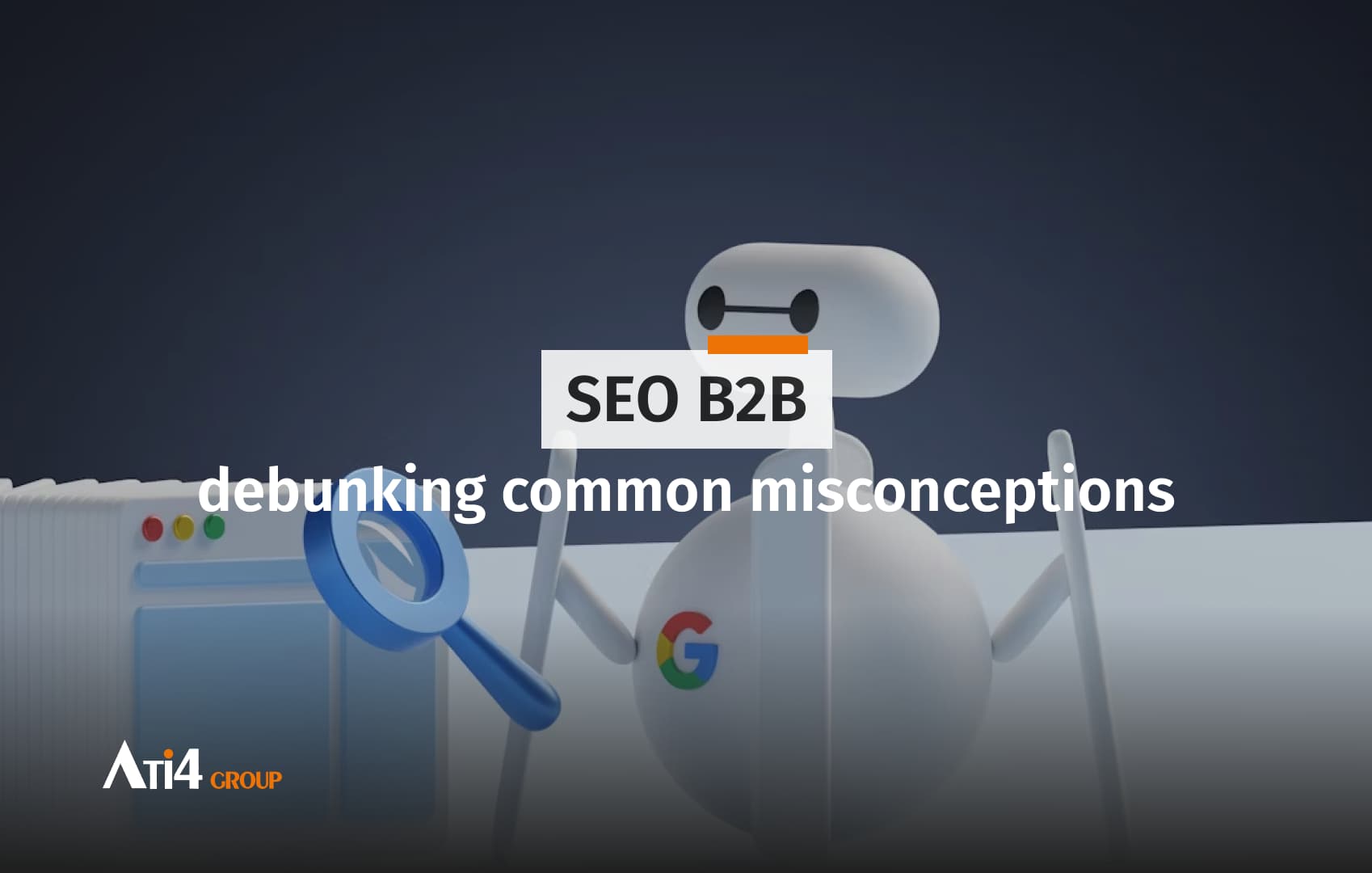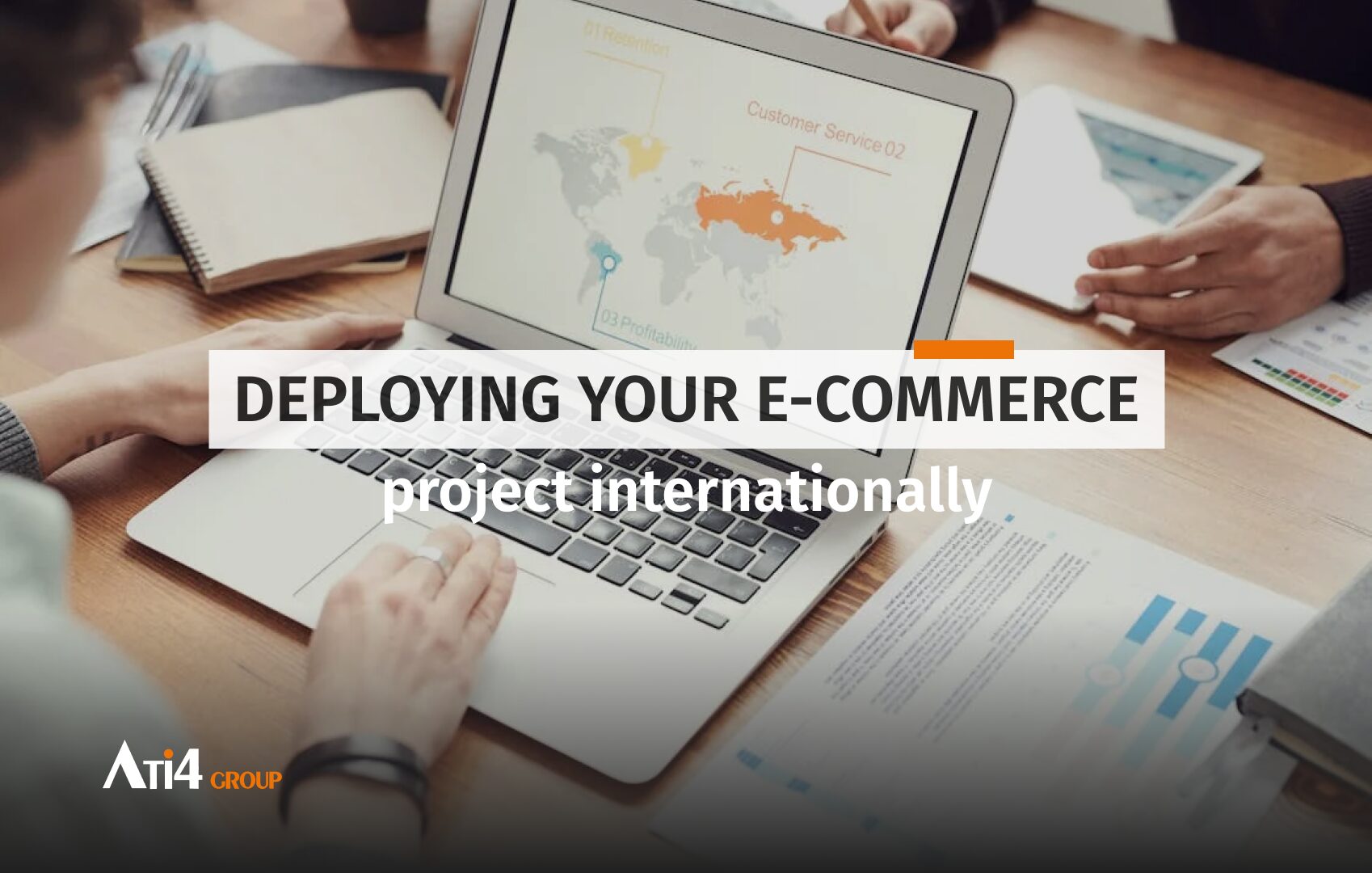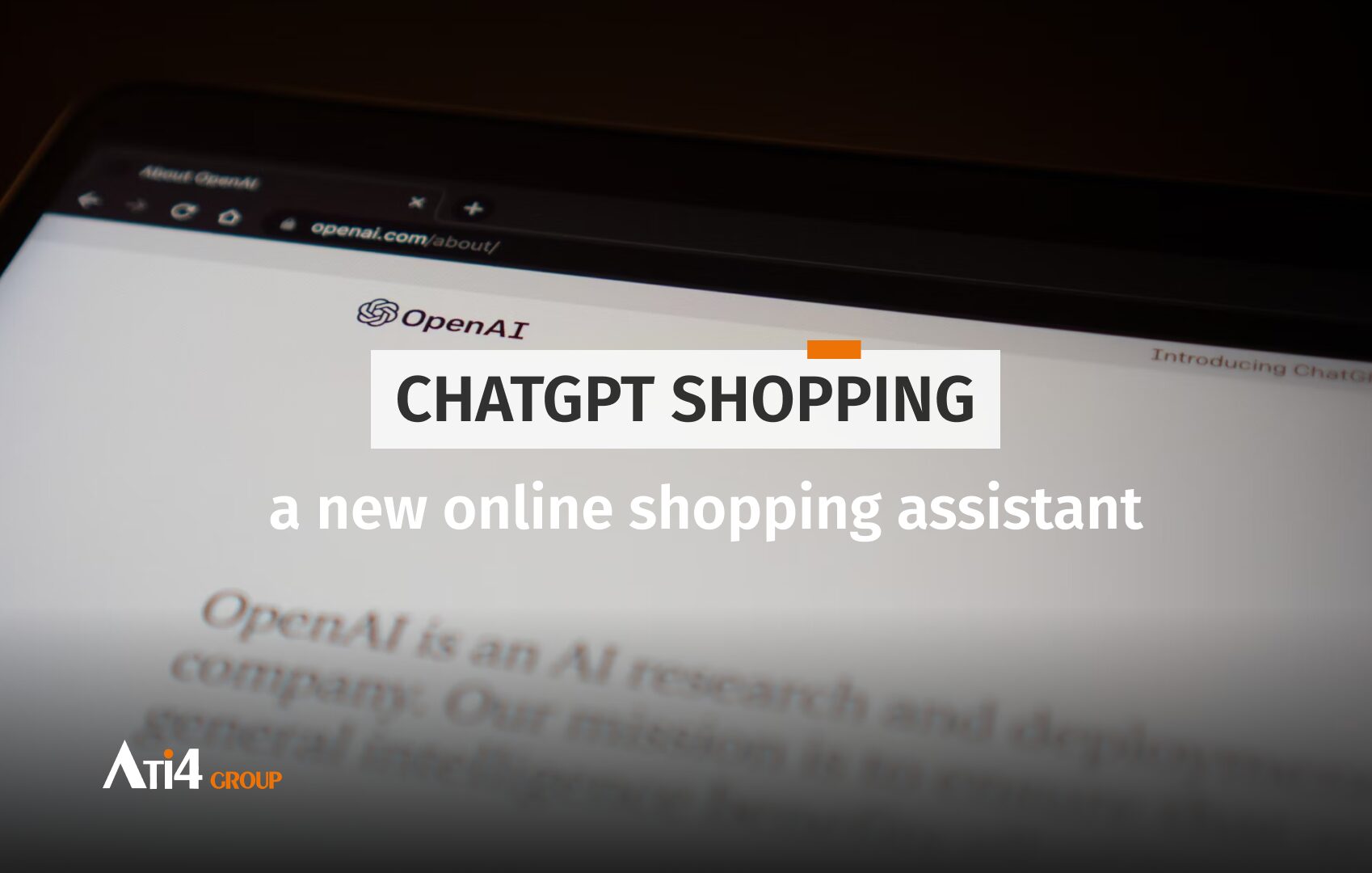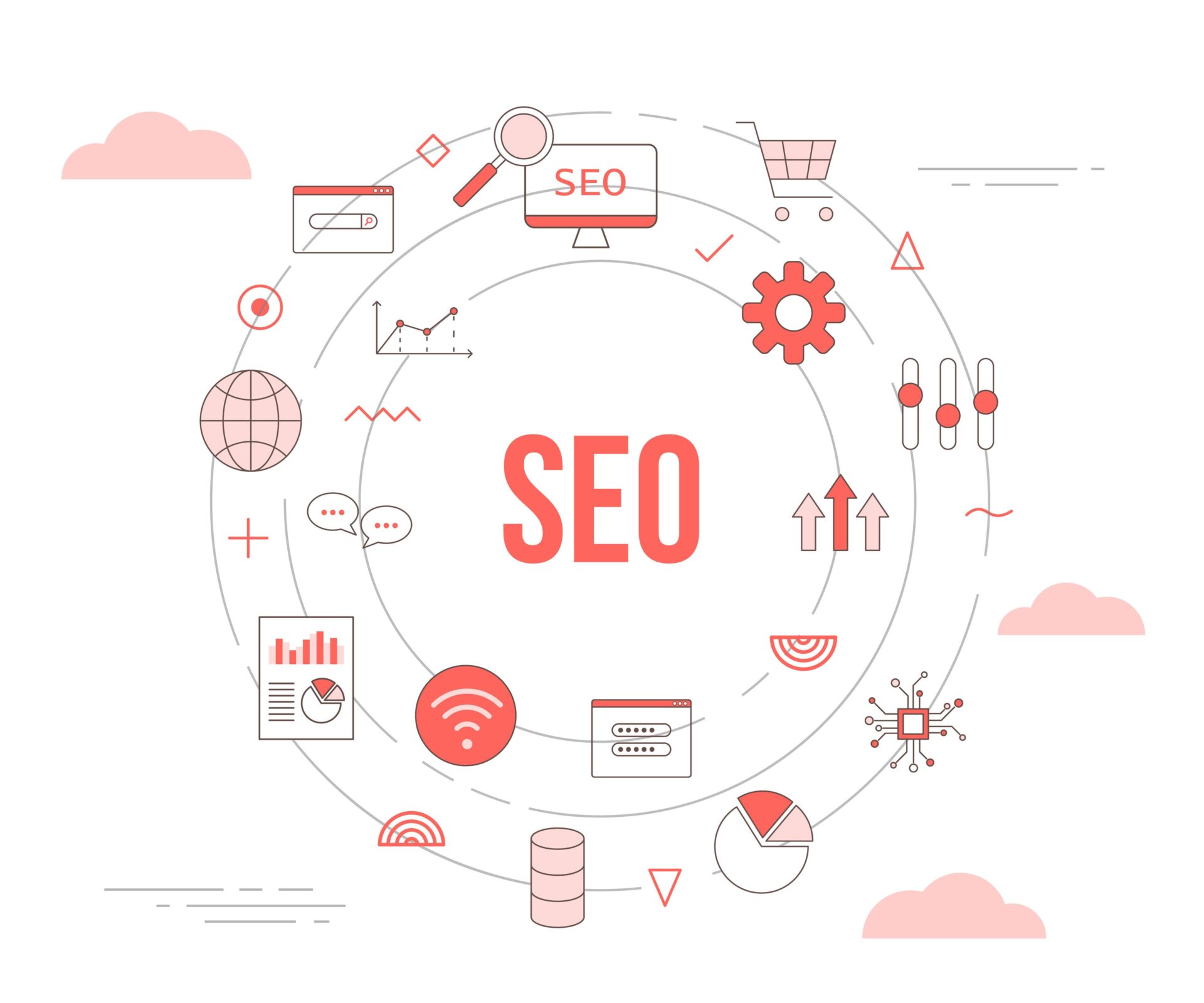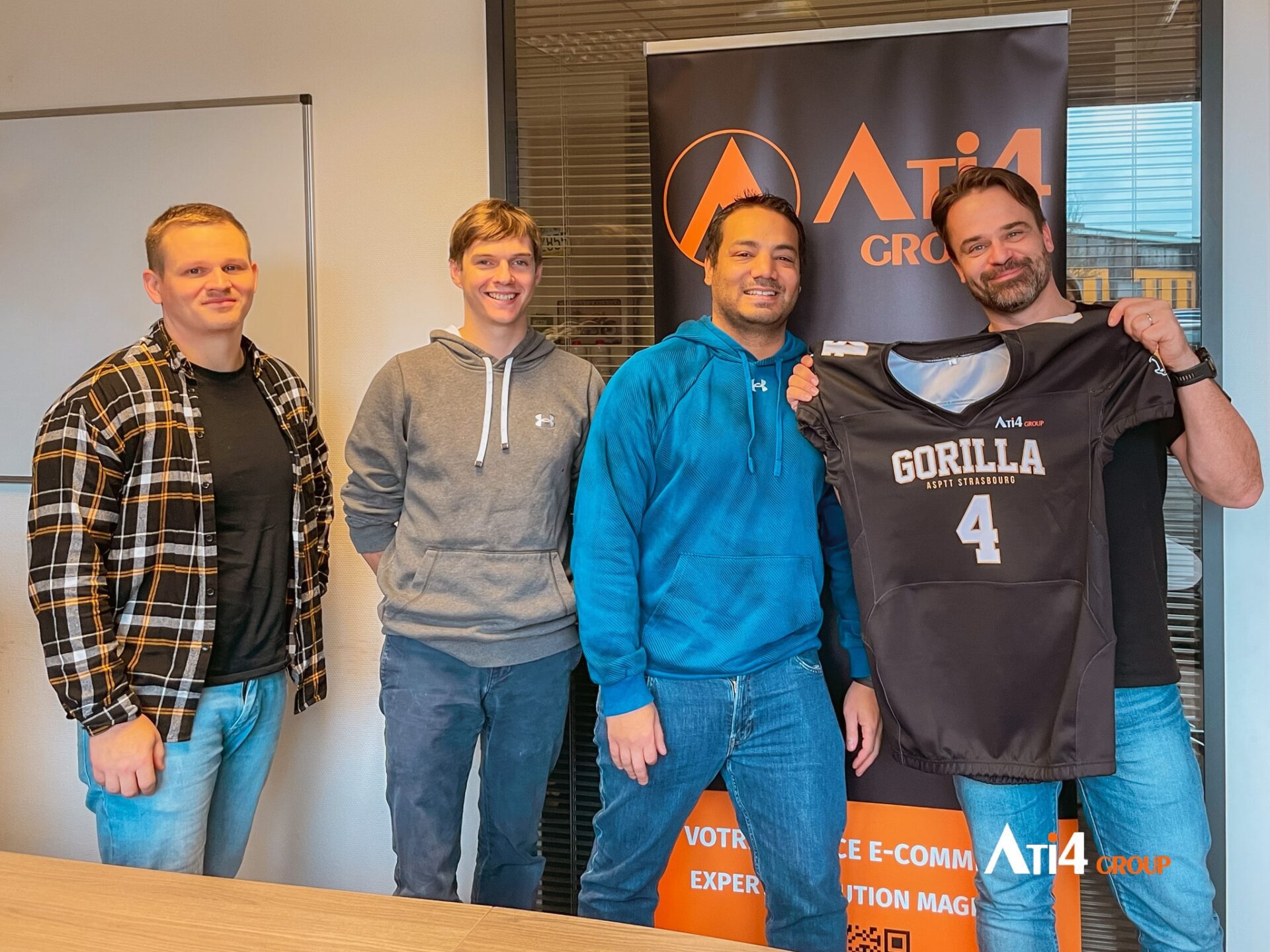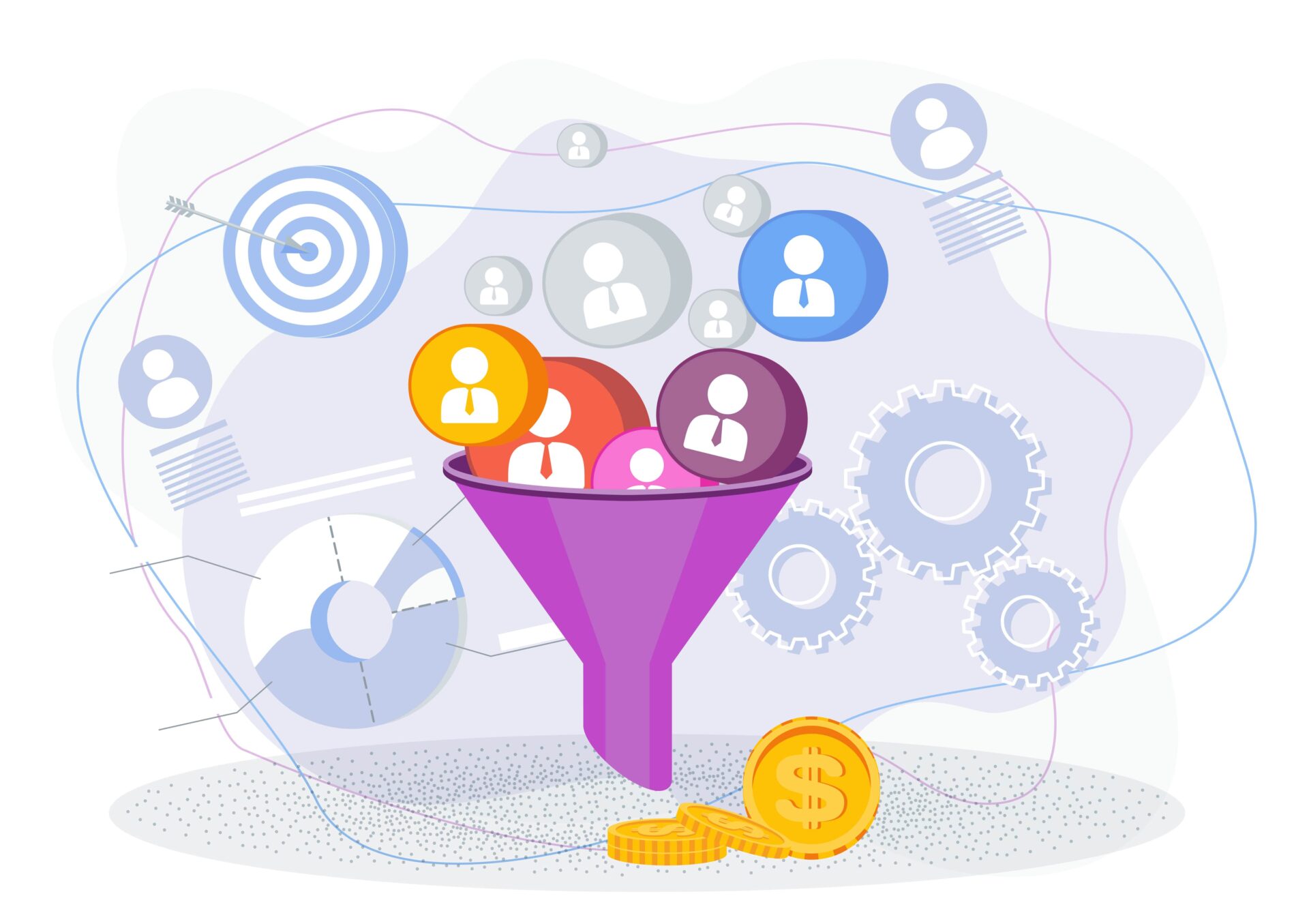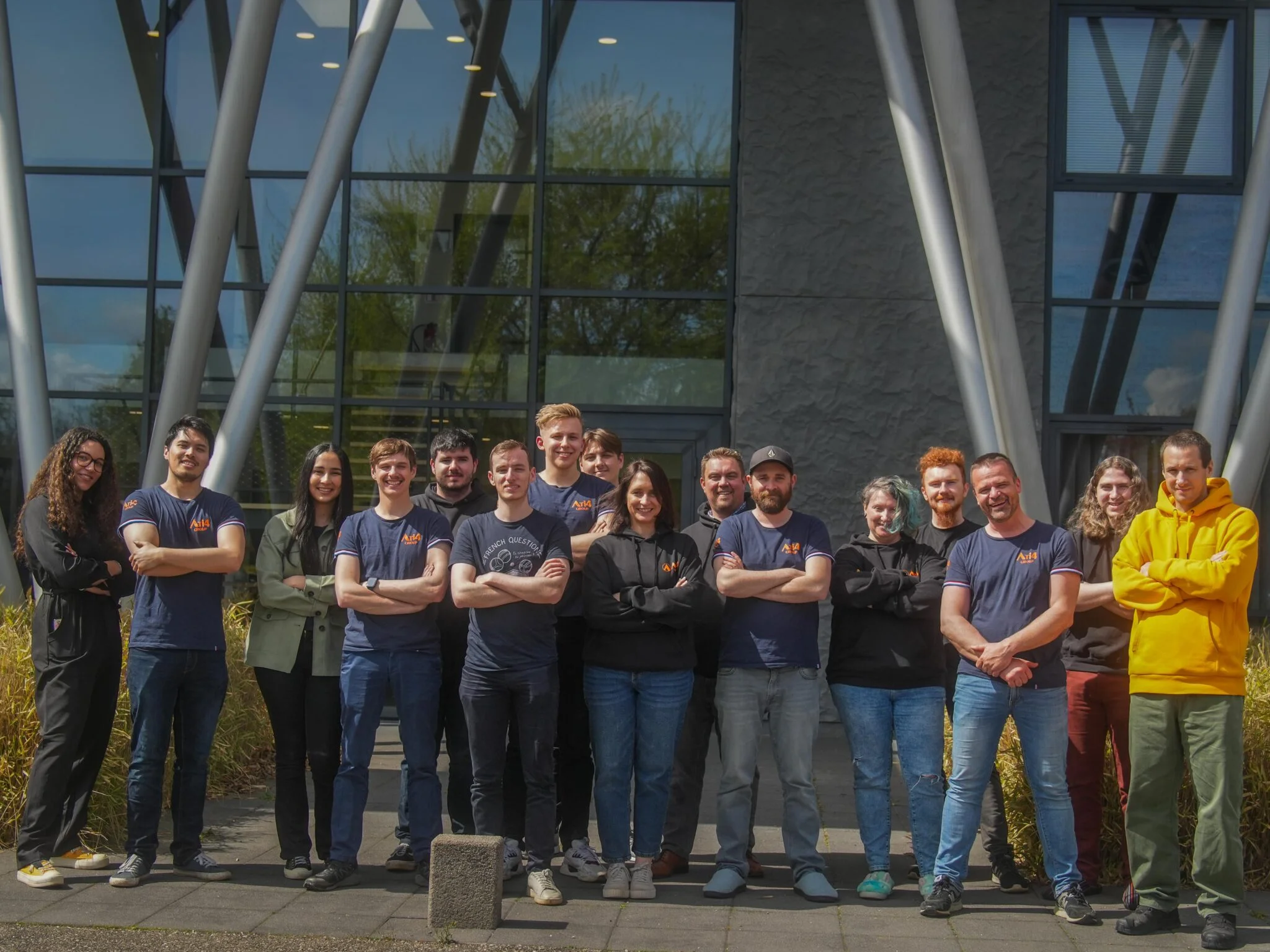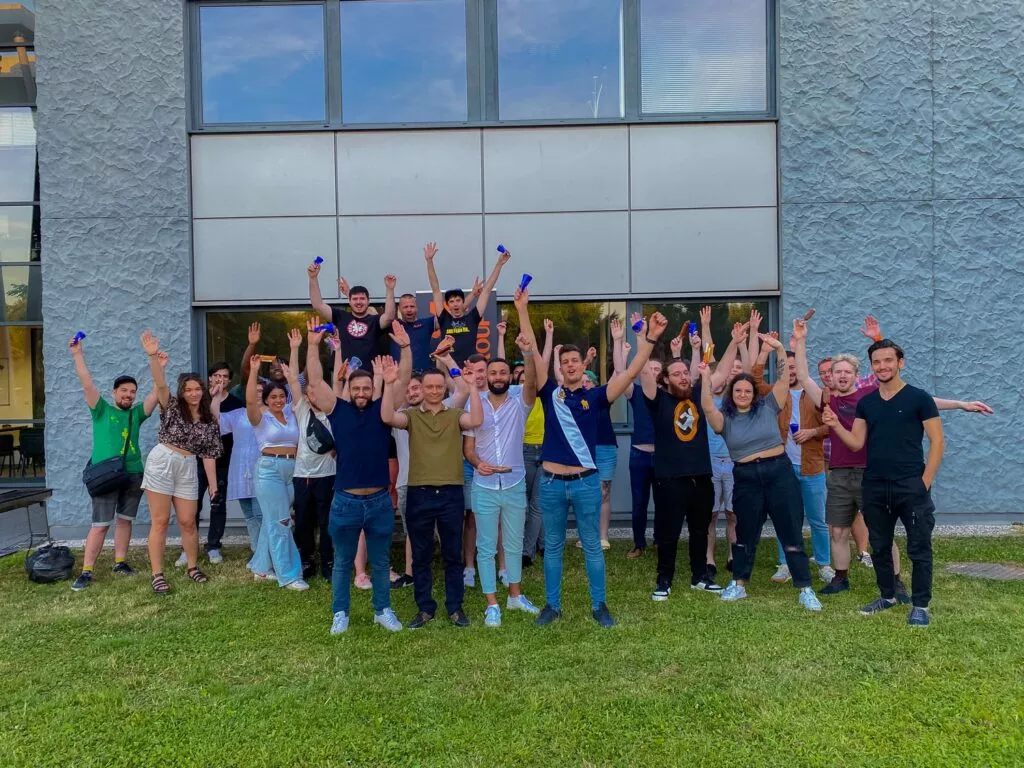AI : Opportunities and responsibilities for businesses.
par Cannelle Lemnos le 14 février 2025

Artificial intelligence is now an essential driver for businesses, regardless of their size or industry. Its adoption has accelerated over the past three years since the launch of ChatGPT, transforming business models.
However, this digital revolution also raises major challenges in terms of data governance, ethics, and regulation. Through the AI Tour of France, organized by Medef and Numeum, French companies have shared their AI experiences and the concrete benefits they have gained. This article reflects on these insights within the framework of the “AI Action Summit,” an event held at the Élysée from February 6 to 11, aimed at shaping the future of AI together.
AI driving productivity and performance.
The integration of artificial intelligence into business processes significantly enhances productivity and competitiveness. By automating repetitive tasks, AI frees up time for employees, allowing them to focus on high-value strategic tasks for the company.
In the industrial sector, AI helps optimize production chains through predictive maintenance, anticipating failures and reducing unexpected downtime. In the service sector, it streamlines administrative management by automating email processing, report writing, and scheduling.
Unsurprisingly, AI also plays a decisive role in customer experience. By analyzing real-time data, businesses can anticipate consumer expectations and offer highly personalized services. Chatbots improve customer service efficiency by instantly handling routine queries before escalating complex issues to human agents. Additionally, recommendation algorithms refine product and service suggestions based on user behavior.
In this context, a study by the MIT and Stanford University found that businesses adopting AI see a 14% increase in productivity in customer relationship management.

A catalyst for innovation and skills development.
The impact of artificial intelligence extends beyond productivity gains; it is also transforming human resources management and skills development. AI solutions optimize recruitment by analyzing thousands of resumes in record time, identifying the best candidates, and reducing cognitive biases.
In companies where AI is already implemented, it also facilitates new employee onboarding through specialized chatbots that answer practical questions and guide employees through their first steps.
AI-powered training tools offer exciting opportunities for personalized learning. Instead of standardized training programs, artificial intelligence tailors content to individual needs, enabling rapid and efficient upskilling. In the academic field, schools like Algosup in Vierzon have already integrated AI into their curricula to prepare future digital professionals to leverage these technologies in a strategic and operational context.
AI also makes businesses more inclusive by improving information accessibility. Automatic translation and writing assistance tools allow employees, regardless of their native language, to communicate more effectively and work more efficiently. This simplifies internal mobility and ensures better long-term employability.
Cybersecurity and regulatory challenges.
While artificial intelligence is a powerful performance driver, it also poses a challenge in cybersecurity. The rise in cyberattacks and the emergence of deepfakes complicate risk management for businesses. More and more organizations are investing in AI systems capable of detecting and countering threats in real time, ensuring data protection and business continuity.
Companies must also navigate a tightening regulatory framework.
The AI Act, adopted by the European Union, enforces strict requirements for transparency and ethics in AI development. It is therefore crucial for businesses to ensure that their tools comply with these regulations to avoid non-compliance risks and potential sanctions. Strong data governance and a responsible AI approach are now essential to build trust with both customers and partners.

AI for sustainable development and the greater good.
In the corporate world, AI is not just about boosting productivity and competitiveness. It also plays a crucial role in the ecological transition by optimizing building energy consumption, reducing industrial waste, and improving transportation management. Artificial intelligence enables businesses to reduce their carbon footprint while achieving substantial cost savings.
However, AI itself has an environmental cost. Training advanced models like ChatGPT-3 generates significant CO₂ emissions. It is therefore advisable to adopt a responsible approach by prioritizing energy-efficient infrastructures and raising awareness about the responsible use of AI technologies to minimize unnecessary consumption.
Akeneo’s AI: A game changer for e-commerce.
In e-commerce, artificial intelligence is becoming a key player in product data management and customer experience optimization.
The Akeneo solution, a leader in Product Information Management (PIM), integrates advanced AI features to automate and enhance product descriptions, improve data quality, and streamline product classification across e-commerce platforms.
Akeneo’s AI enables businesses to centralize and structure product information with unprecedented precision. Using machine learning algorithms, it can suggest improvements for product descriptions, detect inconsistencies, and ensure content harmonization across all sales channels.
At ATI4 Group, our teams are trained in Akeneo and leverage AI to provide our clients with innovative solutions that optimize visibility and enhance the user experience. We are convinced that AI integration in e-commerce strategies is a key differentiator in an increasingly competitive landscape.
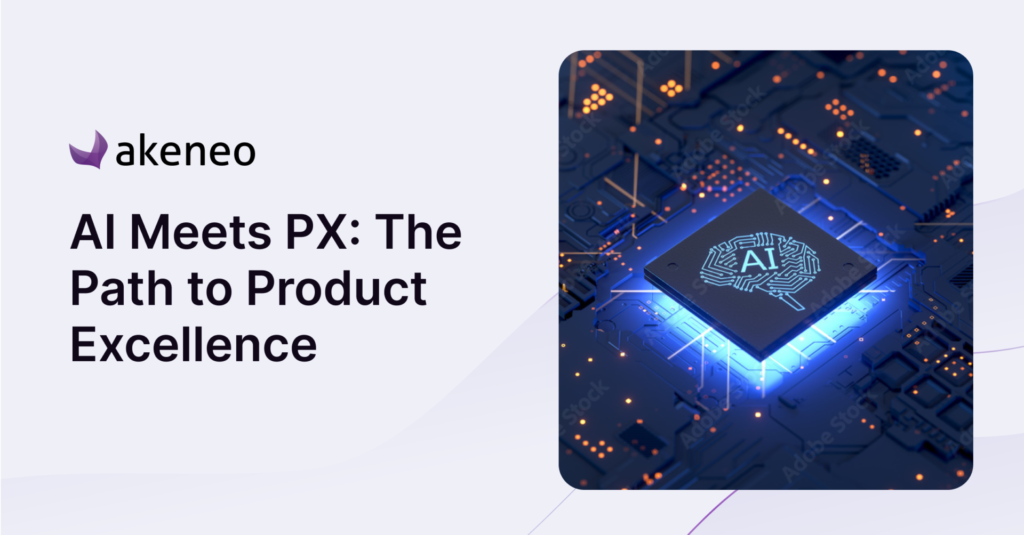
Artificial intelligence is fundamentally reshaping the way businesses operate. However, its adoption must be accompanied by ethical considerations and a structured approach to ensure a successful transformation.
At ATI4 Group, we assist our clients in integrating AI solutions tailored to their needs, particularly in the e-commerce sector with Akeneo.
If you are looking to optimize your data management and enhance your digital performance with artificial intelligence, our team is ready to discuss your project!
Find out what’s new at the company.
Because mixing fun and work is at the heart of our philosophy, we always try to make a special place for it in our business life.
